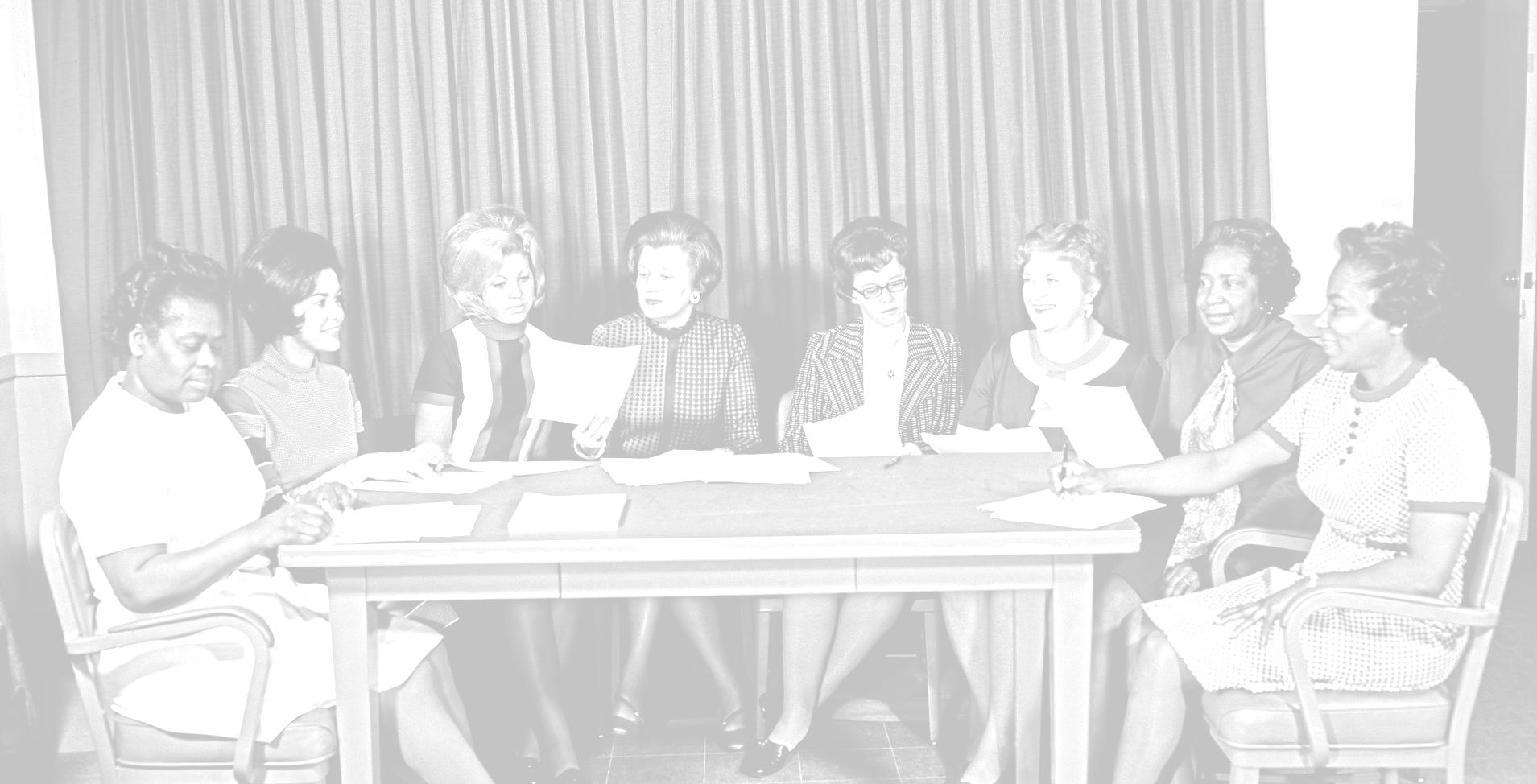
Gender and Science in War and Peace
Eight months before the pandemic started, in June 2019, our colleague Nurit Kirsh, from the Open University of Israel in Ra’anana, near Tel-Aviv, convened the Commission of Women and Gender Studies for a conference under the title “Gender and Science in War and Peace.” Those who participated enjoyed nice and peaceful interchanges. Women and gender turned out to play a great deal in war, as in peace—as is well-known.
Almost three years later we received the statement regarding the Ukraine crisis, circulated from the council members of the Division of History of Science and Technology of the International Union of History and Philosophy of Science and Technology.
As scholars focused in gender and women in the science, war for us means weapons manufactured by women at factories, women students keeping their class schedules,while men students and professors serve at the war front. Women at such times of war carried out care-giving duties, managed homes, and provided healing and emotional support. They manufactured goods, lent their technical skills, and advanced scientific scholarship. Women embodied, in two words, both knowledge and care. And they suffered violence of many kinds, sexual, moral, emotional; they reconstructed their bodies and minds every day.
We know that this time of war in Ukraine means sexual and gender based violence while keeping care-giving, home support, and basic nurturing. Women at the war front include mothers and grandmothers in a violent crush, being refugees underground or escaping away, offering protection, drawing upon ancestral knowledge and learned practices, passed on from generation to generation.
Thinking of all women, their suffering, expertise, and inherited knowledge and skills,we pay homage to all of them who give strength to us all to carry on.

Statement on War in Ukraine
The president, officers, and undersigned council members of the Division of the History of Science and Technology (DHST) of the International Union for the History and Philosophy of Science and Technology condemn the ongoing military actions against Ukraine directed by the government of the Russian Federation. Our deepest concern and sympathy go to our Ukrainian colleagues and all the people bearing the grim consequences of this war, and also to colleagues elsewhere who are suffering in silence or risking their lives to speak up. We know that in addition to the unacceptable loss of human life, wars devastate libraries, schools, universities, and all kinds of cultural institutions that are the material remnants of a people’s history and right to education. As an organization that traces its origins to the vision of scholars who experienced first hand the tragedy of two World Wars, the DHST is acutely aware that freedom of education, culture, and research are among the many rights presently being violated. We stand in solidarity with the people of Ukraine and our fellow scholars on both sides who are struggling to maintain their lives, livelihoods, and scholarship.
Marcos Cueto, Janet Browne, Hasok Chang, Liesbeth De Mol, Thoms Háddad, Takehiko Hashimoto, Xingbo Luo, Jahnavi Phalkey, Maria Rentetzi, Milada Sekyrková, Hamish Spencer